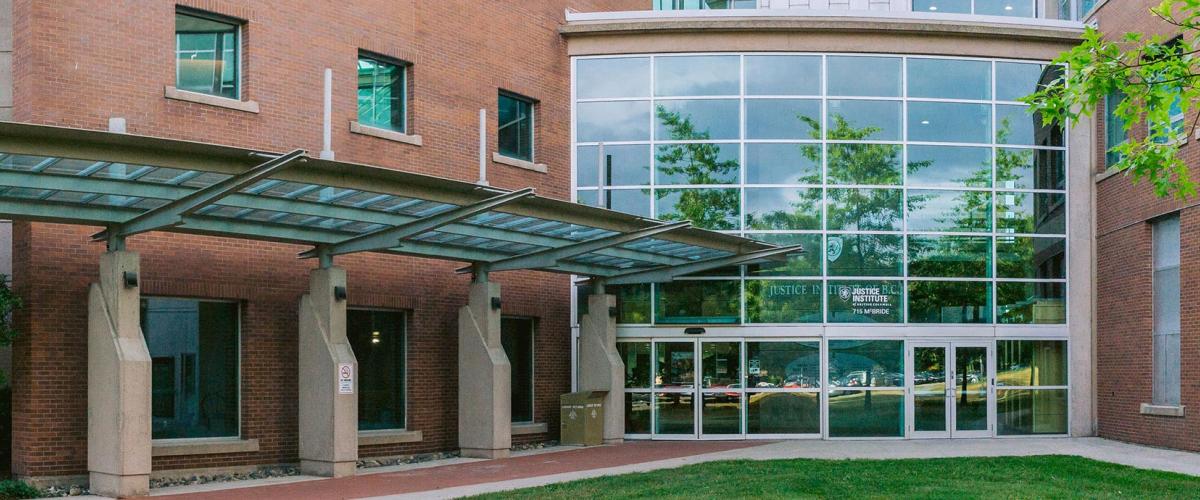New accessibility plan to be developed further and implemented with input from people with disabilities
The Justice Institute of British Columbia (JIBC) is proud to announce the ongoing development and implementation of its new Accessibility Plan.
As a public, post-secondary institution, JIBC is part of the initial implementation of the Accessible British Columbia Act, comprehensive accessibility legislation which will ensure government and organizations become more accessible, removing barriers faced by people with disabilities.
JIBC’s new plan is a starting point for the Institute in enhancing accessibility at its campuses and in its online courses. It includes recommendations resulting from an accessibility audit of JIBC’s New Westminster campus conducted by the Rick Hansen Foundation.
The plan currently includes overarching accessibility goals and recommendations in the following areas:
- built environment
- delivery of services
- education
- employment
- information and communications
Both an accessibility advisory committee and an accessibility steering committee have been formed and will, with the input of campus partners and people with disabilities, work towards developing the detailed actions required to implement these high-level objectives and recommendations, including progress reporting and evaluation of results.
To that end, a series of smaller group meetings are being planned in early 2024 to further planning and consultation work on the implementation program. The recommendations from the Rick Hansen Foundation’s accessibility assessment are currently being incorporated into JIBC’s five-year maintenance plan for future implementation across all its campuses.
We encourage any feedback on the plan and any initiatives to improve accessibility at JIBC. Please send your questions and comments to accessibility@jibc.ca.
